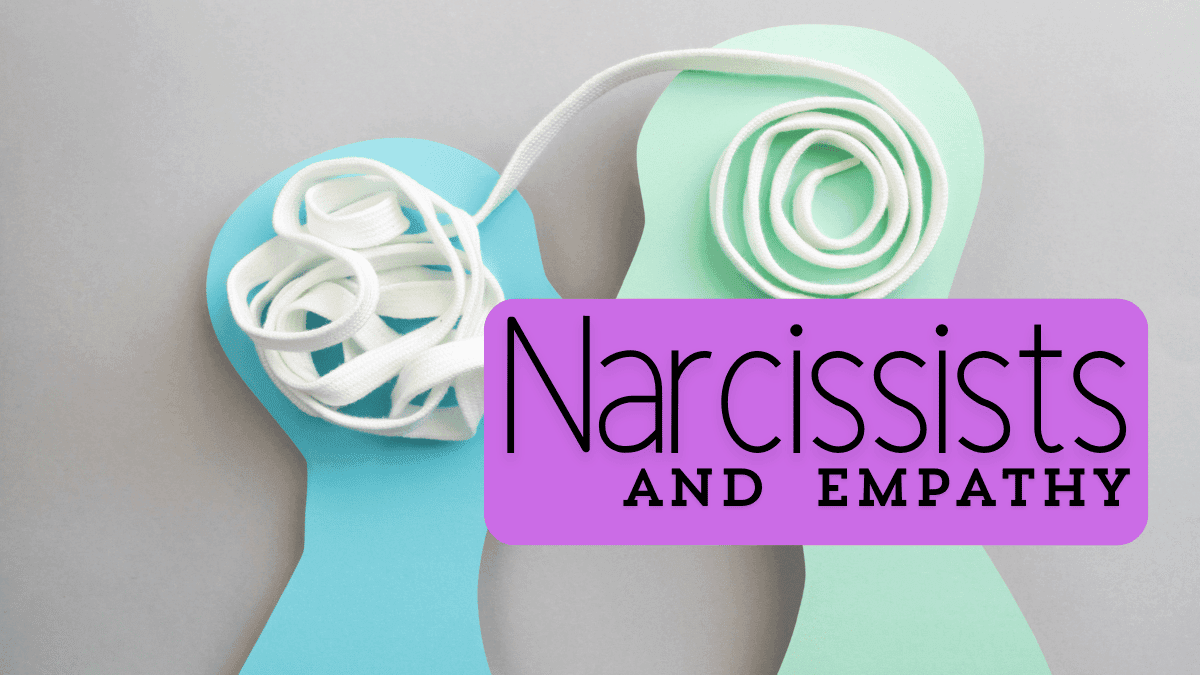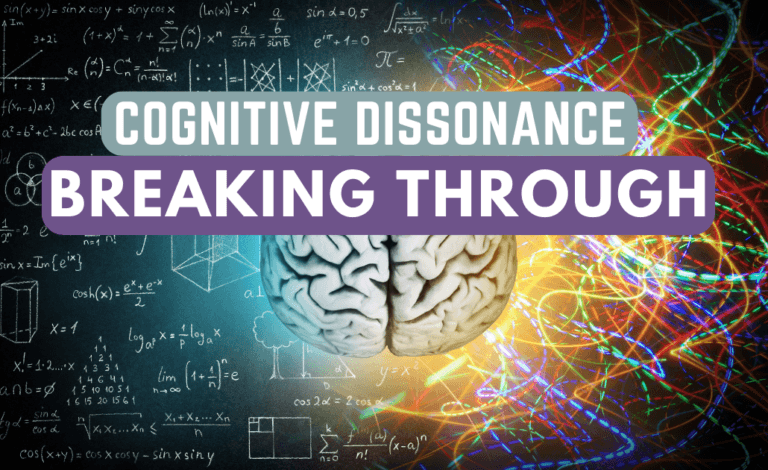7 Crucial Facts About Why Narcissists Struggle with Empathy: The Science Behind Their Behavior
Why Do Narcissists Struggle with Empathy?
Empathy, the ability to understand and share the feelings of others, is a cornerstone of healthy relationships and social interactions. However, narcissists often exhibit a marked lack of empathy, making them challenging to connect with on a deep emotional level. Understanding why narcissists struggle with empathy can provide insight into their behavior and help you navigate interactions with them more effectively. Here are seven crucial facts about the science behind a narcissist’s struggle with empathy.
1. Narcissists Have an Overinflated Sense of Self
Narcissists’ inflated sense of self-worth is often rooted in deep-seated insecurity. This grandiosity serves as a defense mechanism to protect their fragile self-esteem. By believing they are superior to others, narcissists can avoid confronting their vulnerabilities. This mindset makes it difficult for them to acknowledge the emotions and needs of others, as doing so would require them to step down from their pedestal. Consequently, they may come across as arrogant, dismissive, or uncaring, particularly in situations where empathy is expected.
2. Empathy Deficits Are Linked to Brain Structure
The structural differences in the brains of narcissists are a significant factor in their empathy deficits. Specifically, the anterior insula and anterior cingulate cortex, which are involved in emotional regulation and empathy, may be underdeveloped or function differently in narcissists. These brain regions help individuals process and respond to the emotions of others. When these areas are compromised, as in the case of some narcissists, the ability to feel and express empathy is diminished. This neurological basis provides a clearer understanding of why some narcissists may seem incapable of empathy, regardless of their intentions.
3. Narcissists Are Highly Self-Centered
Narcissists’ self-centeredness is more than just a personality trait; it is a core component of their worldview. This self-absorption often leads them to interpret events solely based on how they are personally affected, ignoring the broader impact on others. For instance, a narcissist might view a friend’s success as a threat to their own status, rather than as a cause for celebration. This narrow focus on self-interest often blinds them to the needs and feelings of others, making genuine empathy difficult, if not impossible, to express.
5 Key Insights into the Narcissist's Struggle with Empathy
| Insight | Details |
|---|---|
| Overinflated Sense of Self | Narcissists' grandiose self-image leaves little room for considering the feelings of others. |
| Brain Structure Differences | Narcissists may have reduced gray matter in brain regions associated with empathy. |
| Aversion to Vulnerability | Narcissists avoid empathy as it requires vulnerability, which they perceive as weakness. |
| Manipulative Behaviors | Narcissists prioritize manipulation over genuine emotional connection, undermining empathy. |
| Selective Empathy | Narcissists may display empathy selectively, often using it as a tool for manipulation. |
4. Empathy Requires Vulnerability
Vulnerability is essential for developing deep emotional connections with others, but it is something narcissists actively avoid. Their need to appear invulnerable and in control makes it difficult for them to engage in the emotional openness that empathy requires. By distancing themselves from their own vulnerabilities, narcissists also distance themselves from the vulnerabilities of others. This emotional detachment allows them to maintain their facade of superiority but at the cost of genuine human connection.
5. Narcissistic Manipulation Undermines Empathy
Manipulation is a key tool in the narcissist’s arsenal, used to maintain control in relationships. Techniques like gaslighting, where the narcissist distorts reality to make others doubt their perceptions, are directly opposed to empathy. These manipulative behaviors require the narcissist to be emotionally detached, as genuine empathy would conflict with their need to dominate and control. By focusing on manipulation, narcissists further erode their ability to connect with others on an empathetic level, deepening the emotional chasm between them and those around them.
6. Empathy Is Viewed as a Weakness
In the narcissist’s worldview, showing empathy can be seen as a sign of weakness. They often believe that expressing empathy makes them vulnerable to being taken advantage of or losing their perceived superiority. To a narcissist, power dynamics are crucial, and empathy threatens their control by making them emotionally accessible. This belief system leads them to suppress any empathetic tendencies they might have, reinforcing their emotional isolation and making it difficult for others to relate to them on a genuine level.
7. Empathy Can Be Selective
While narcissists may struggle with empathy in general, some are capable of displaying it in certain situations—particularly when it benefits them. This selective empathy is often strategic, used to gain favor, manipulate others, or appear charming. However, because it is not rooted in genuine concern, this empathy is typically shallow and short-lived. Understanding this selective application of empathy can help you recognize when a narcissist is using empathy as a tool rather than expressing real emotional connection. This awareness is crucial for navigating relationships with narcissists, as it helps set realistic expectations and protect oneself from potential manipulation.
8. Cultivate Healthy Relationships
Surround yourself with people who respect and support you. Building healthy, nurturing relationships can help repair the damage caused by past toxic ones. Look for friends, partners, or mentors who offer understanding, empathy, and genuine care.
9. Engage in Healing Practices
Incorporate practices like mindfulness, meditation, journaling, and creative expression into your routine. These activities can help you process emotions, gain clarity, and foster a sense of inner peace.
10. Celebrate Your Progress
Healing is a journey, not a destination. Celebrate your progress, no matter how small it may seem. Acknowledge the strength it takes to confront and overcome the trauma of growing up with a narcissist. You are resilient, and each step you take toward healing is a victory.
struggle with empathy struggle with empathy struggle with empathy struggle with empathy struggle with empathy struggle with empathy struggle with empathy struggle with empathy struggle with empathy








